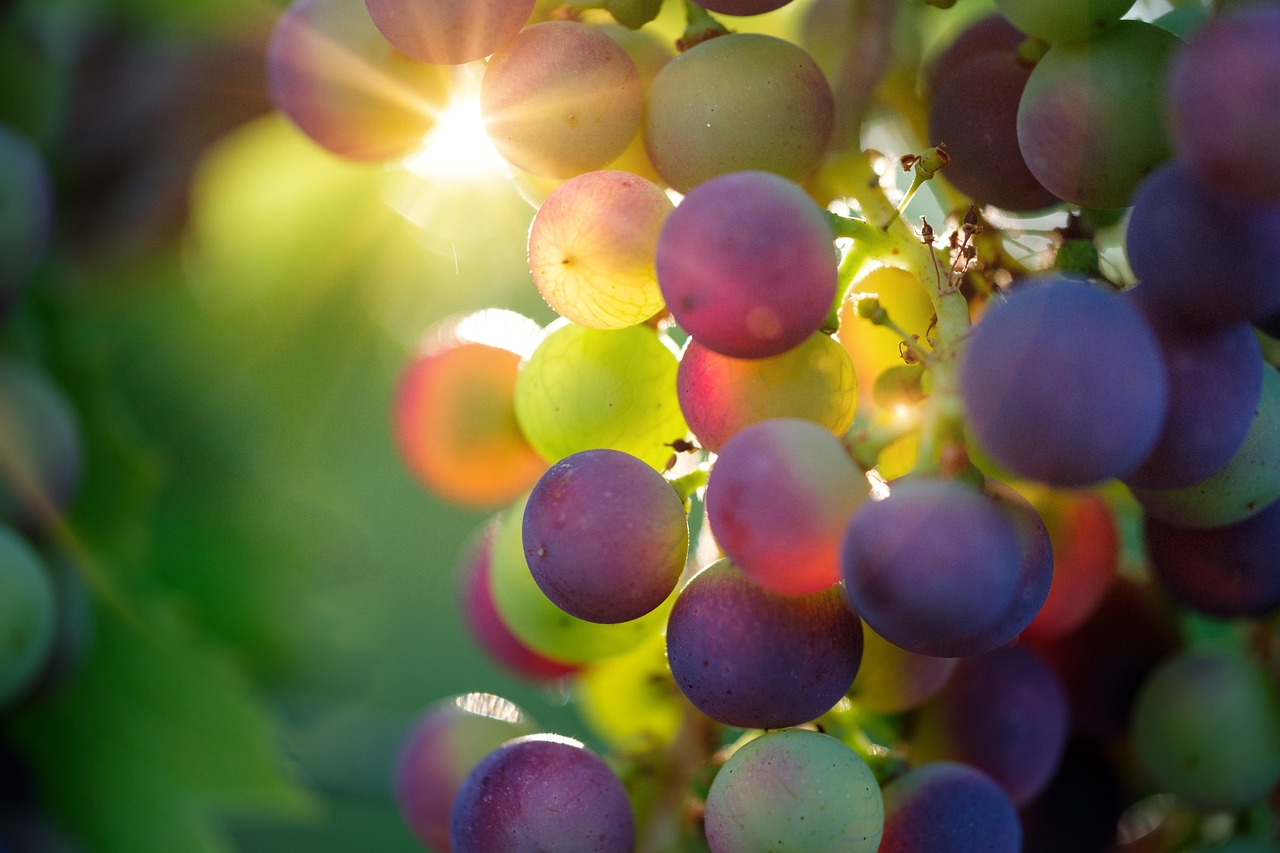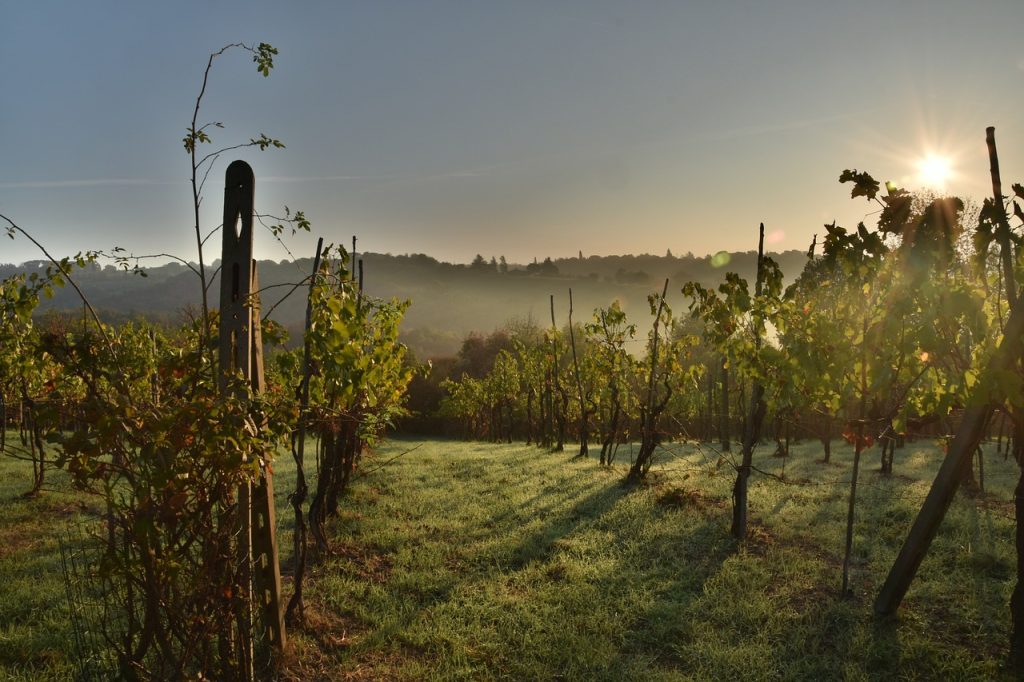
When it comes to making a sound investment, there’s always a little voice in the back of our heads asking: “But what if there’s a recession?” We’ve all been there. Economic downturns can be a nightmare for investors in traditional markets like stocks, but what about those who own vineyards? Is vineyard real estate somehow immune to the booms and busts of the economy? Let’s uncork this topic and find out if vineyard real estate truly is recession-proof.
A Wine Market That Rarely Loses Its Sparkle
First, let’s talk about wine itself. People love wine. And while most industries slow down when the economy shrinks, wine seems to flow regardless. Maybe it’s because in tough times, people still want to relax and enjoy life, even if that means buying a cheaper bottle. The wine market often remains steady because of its broad consumer base. From casual drinkers to serious connoisseurs, wine consumption doesn’t fluctuate wildly during recessions.
Vineyards, as the producers of this beloved beverage, have some unique advantages in the real estate world. The wine industry tends to be somewhat insulated from the typical boom-bust cycles of other sectors, and vineyard owners often feel less of an impact during economic downturns. But why is that?
A Lifestyle, Not Just an Investment
Owning a vineyard is not just about the wine—it’s about the lifestyle. For many investors, a vineyard is a dream. It’s a place to escape to, to enjoy the rolling hills, the serene landscapes, and the satisfaction of creating something special from the land. Even during tough economic times, many vineyard owners keep their property simply because it’s more than an investment.
Vineyards offer investors something you can’t get from the stock market: a tangible, beautiful, and enjoyable asset. This lifestyle aspect means that fewer people are willing to sell their vineyard when times are tough, which helps keep property values relatively stable. The limited availability of vineyards makes them an attractive investment that holds its value well.
The Global Demand for Wine Doesn’t Go Away
If you’ve ever been to a wine-tasting event or casually walked through a wine aisle, you know that wine isn’t just a local affair—it’s a global sensation. And that’s where vineyard real estate gets an edge. Wine-producing regions around the world—think Napa Valley, Tuscany, and Bordeaux—are global players in the wine industry. These regions have name recognition that can help vineyard owners maintain profitability even when local economies struggle.
The luxury wine market, in particular, tends to weather economic storms quite well. High-end wines and vineyard estates cater to a wealthier demographic that is often less affected by recessions. This demand for premium wines helps sustain the value of vineyard real estate.
A Tangible Asset with Growing Demand
One of the biggest advantages of vineyard real estate during a recession is that it’s a tangible asset. You’re not investing in numbers on a screen; you’re investing in land, grapevines, and a product that people will always want—wine. Land is always valuable, and land with the potential to produce wine is even better.
Even during economic downturns, wine consumption may shift from luxury brands to more affordable options, but it rarely drops off completely. Wine remains a popular indulgence. Many vineyards diversify their production to cater to both luxury and budget markets, ensuring a steady stream of income.

Diversification: More Than Just Grapes
Many vineyard owners don’t just rely on wine sales alone. Instead, they diversify their operations. Some have tasting rooms, restaurants, or event venues on-site. This allows vineyard owners to make money in multiple ways, further insulating them from economic downturns. While tourism might slow during recessions, vineyards often attract locals and regular customers who continue to support them.
Some vineyards also offer experiences like vineyard tours, wine-tasting classes, and farm-to-table dining experiences. These activities are often seen as “affordable luxuries” and tend to remain popular even when people are cutting back on bigger expenses like vacations abroad.
Sustainability and Organic Wine Trends: The Future of Vineyard Investment
Another reason vineyard real estate holds its value, even during economic slowdowns, is the growing trend toward sustainability and organic products. Consumers are more conscious than ever about what they eat and drink, and organic, biodynamic, and sustainable wines are in high demand.
Vineyards that produce these types of wines can often command higher prices, both for their bottles and their land. This growing market means that investors in vineyards producing sustainable or organic wines can tap into a customer base that’s willing to pay more for a product they believe is better for the environment—and their health.
The Risks: No Investment is Completely Safe
Of course, no investment is completely recession-proof, and vineyards are no exception. Economic downturns can still have an impact on the wine industry. People may cut back on luxury wines, and tourism to wine regions might slow down. If a vineyard relies heavily on tourism or high-end wine sales, these factors could pose challenges.
Additionally, owning a vineyard comes with the same risks as any agricultural business. Weather conditions, natural disasters, and climate change can all impact grape production. A poor harvest can mean a year of lower profits, which could be tough during a recession. However, many vineyard owners use strategies like crop insurance and diversify their income streams to mitigate these risks.
Smart Investing Tips for Vineyard Real Estate
If you’re thinking about investing in a vineyard, here are some key tips to help you navigate the market:
- Location Matters: As with any real estate investment, location is crucial. Look for regions with strong wine reputations, consistent tourism, and a history of stable property values.
- Diversify: Don’t rely solely on wine sales. Consider additional revenue streams like hosting events, offering vineyard tours, or even selling organic or sustainable wines.
- Look for Established Vineyards: While starting a vineyard from scratch is an option, it can take years for grapevines to mature and start producing quality wine. Established vineyards offer a quicker return on investment.
- Stay Informed About Trends: The wine industry evolves. Organic and biodynamic wines are hot right now, but who knows what the next big trend will be? Staying ahead of the curve can help ensure your vineyard remains profitable.
So, Is Vineyard Real Estate Recession-Proof?
While no investment is completely recession-proof, vineyard real estate comes close. The combination of global demand for wine, the lifestyle appeal of owning a vineyard, and the diversification of revenue streams makes vineyard ownership an attractive option even during tough economic times. While there are risks, as with any investment, the potential rewards—and the enjoyment that comes with owning a vineyard—can make it worth the investment.
[…] One of the most compelling aspects of vineyard properties? They attract buyers looking for a lifestyle as much as an investment. With a vineyard, you’re not just buying land; you’re purchasing a piece of nature that can yield profits, experiences, and even an estate legacy. For a deeper look at the recession-proof nature of vineyards, see Is Vineyard Real Estate Recession-Proof? Insights for Potential Investors. […]